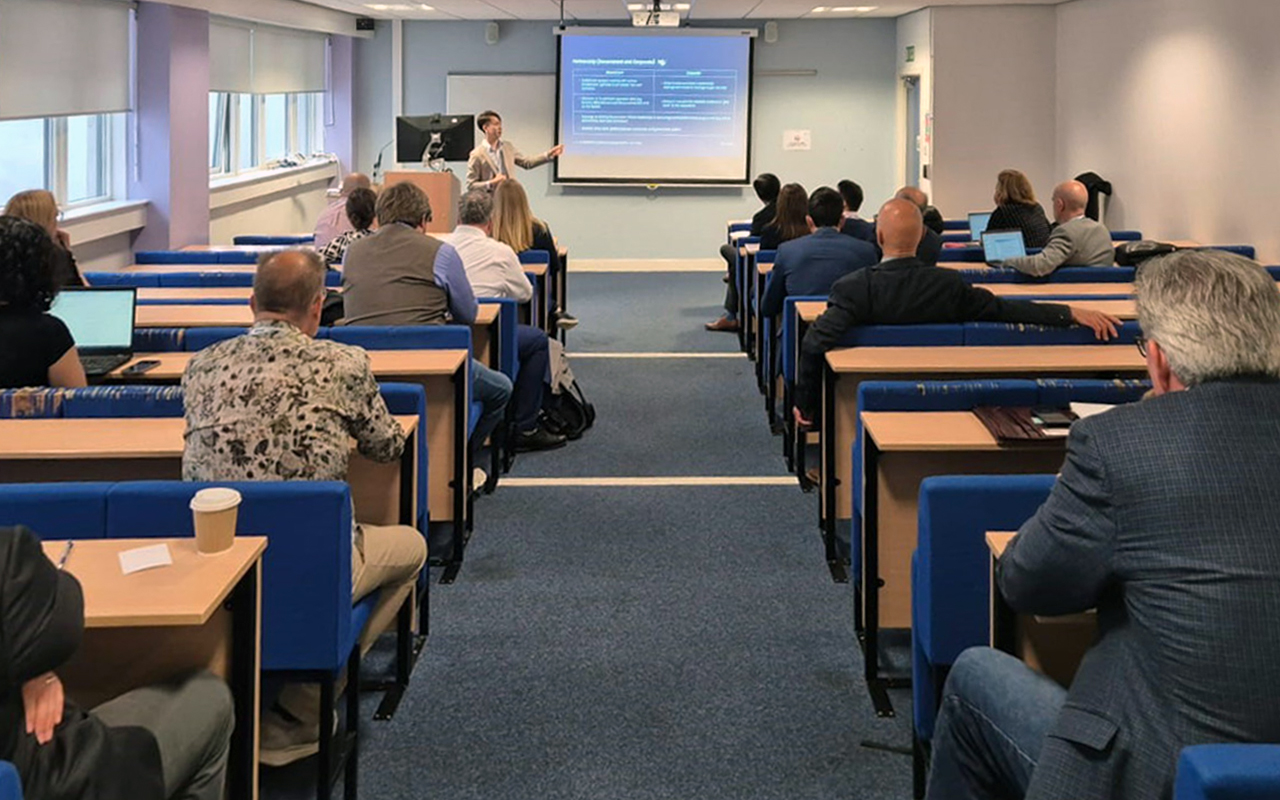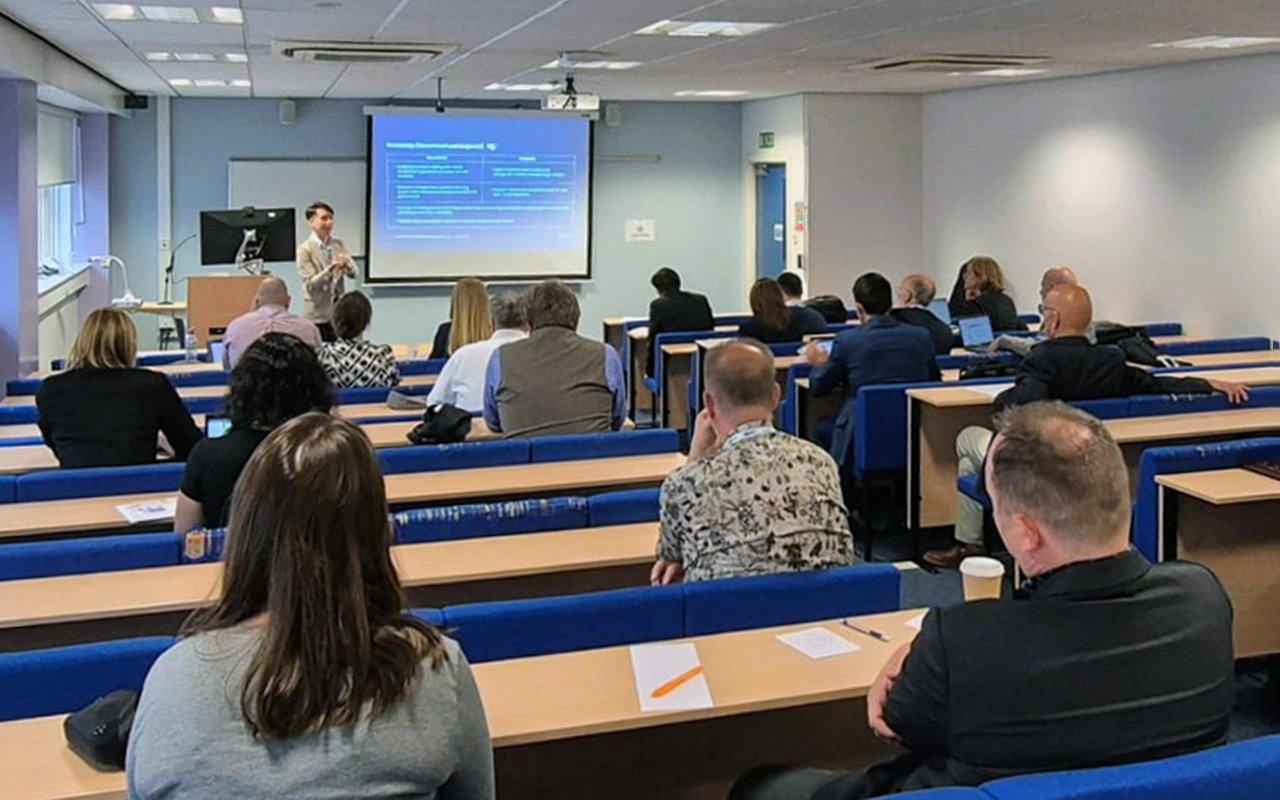
ICES VII 2024
The 7th International Conference on Establishment Statistics (ICES VII) was held in Glasgow this year, from 17 – 20 June. The ICES facilitates a broad range of discussions on statistical topics that are relevant to businesses and institutions. As participation is open to all with an interest in establishment statistics, the close to 500 attendees ranged from those working in statistical agencies and associations to academics and private businessowners. The conference marked a milestone for MRSD as not only did our team chair a full panel, we also presented on three expert topics that showcased our nation’s commitment to advancing data collection methodologies.
These expert topics covered a broad spectrum of discourse within establishment statistics, ranging from strategies for enhancing respondent engagement to the complexities of programme development and innovative approaches to data collection. We are grateful for this platform that provided MRSD with an invaluable opportunity to share our insights and best practices with an international audience.

One of our presentations, titled ‘Singapore's Journey in the Creation of a Comprehensive Occupational Employment Database’, was featured in the session on Global Innovations in Data Collection. This session focused on the various ‘out-of-the-box’ initiatives our presenters have embarked on to collect statistical information in today’s challenging landscape, where individuals and companies are more reluctant to provide information due to privacy concerns and shorter attention spans. These initiatives include incorporating data sources such as administrative data, satellite imagery and scanner data.
The team presented on our established data ecosystem, the Business Census, designed to collect employment and occupational data from all employees in Singapore. We shared about how the challenges posed by the COVID-19 pandemic have pushed us to innovate and find new ways of collecting information, from establishing partnerships with HR solution providers to developing direct data transfer from companies and leveraging on administrative data to streamline data collection processes. These innovations have enabled us to achieve a 30% cost savings without compromising on our high standards of data quality.

On top of that, our team also shared insights on the Department’s initiatives to engage with and ‘give back’ to survey respondents. Our presentation, titled ‘Giving Back and Inculcating a Sense of Contribution in Survey Respondents’ showcased MRSD’s diverse range of data products tailored for individuals and companies alike. These data products include benchmarking tools for users to assess how their salaries and employment conditions fare against others in the same post and industry, alongside bite-sized articles on current events designed to appeal to a broader audience. These efforts have notably boosted survey participation rates despite increasing data complexity and public concerns, indicating a growing receptiveness to both our data products and Government initiatives.
Apart from sharing our own papers, we were involved in organising a panel that featured distinguished guest speakers from Germany, Slovakia and Italy. This panel allowed us to exchange our ideas and experiences in a dynamic environment where mutual learning was able to flourish. On the topic of mutual learning, the conference provided our MRSD team with the opportunity to engage with statistics experts from around the world to explore innovative methodologies, exchange data insights and establish valuable connections within the global statistical community. In particular, we were able to gain exposure to the cutting-edge techniques in imputation and the latest advancements in survey technology, enriching our knowledge base with ideas that can be used for potential implementation back in MRSD. We also walked away with the assurance that our team has succeeded in reinforcing Singapore’s commitment to staying at the forefront of establishment statistics.
As MRSD returns from ICES VII, the Department is poised to leverage these newfound insights and collaborations to further enhance Singapore's capabilities in statistical compilation.